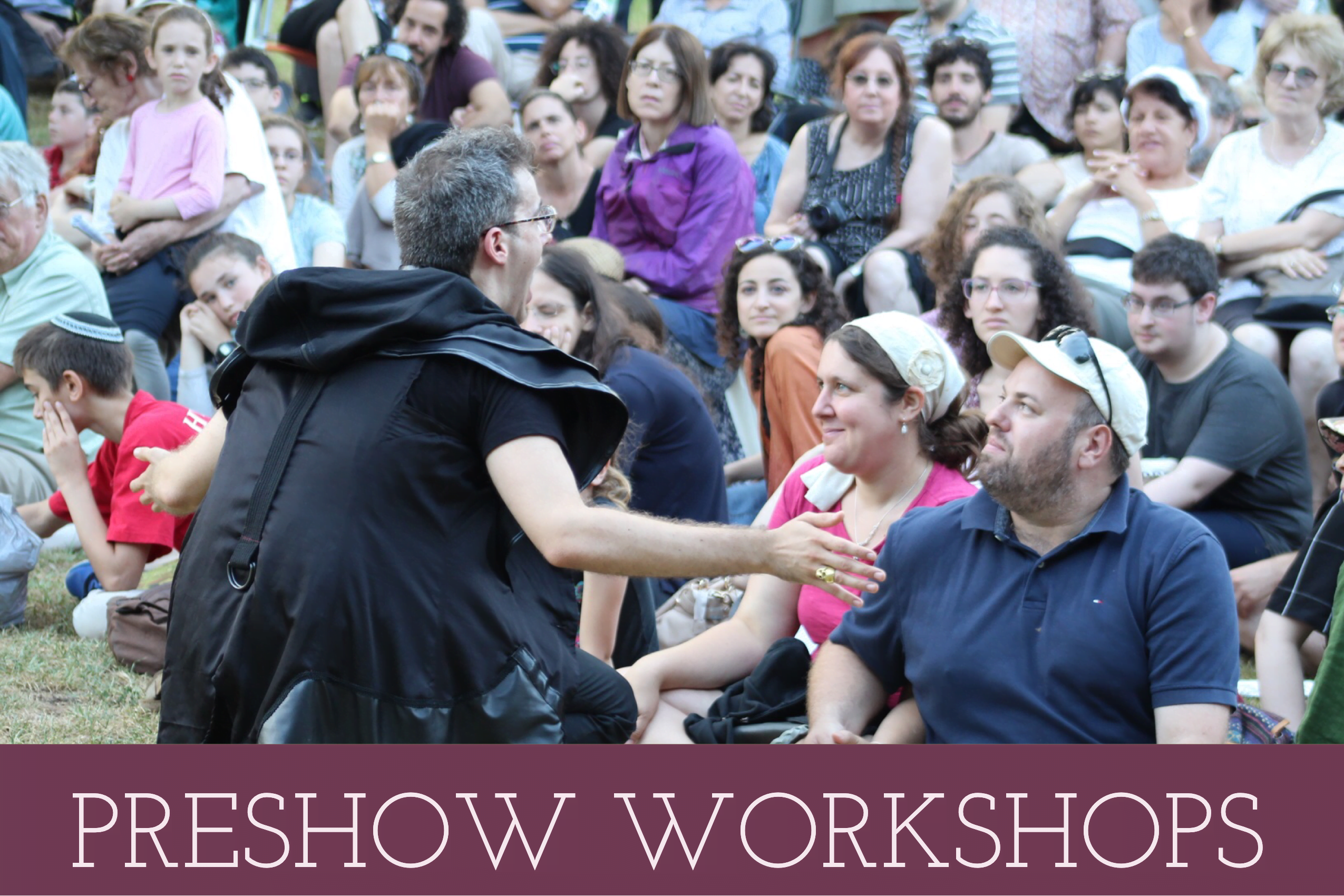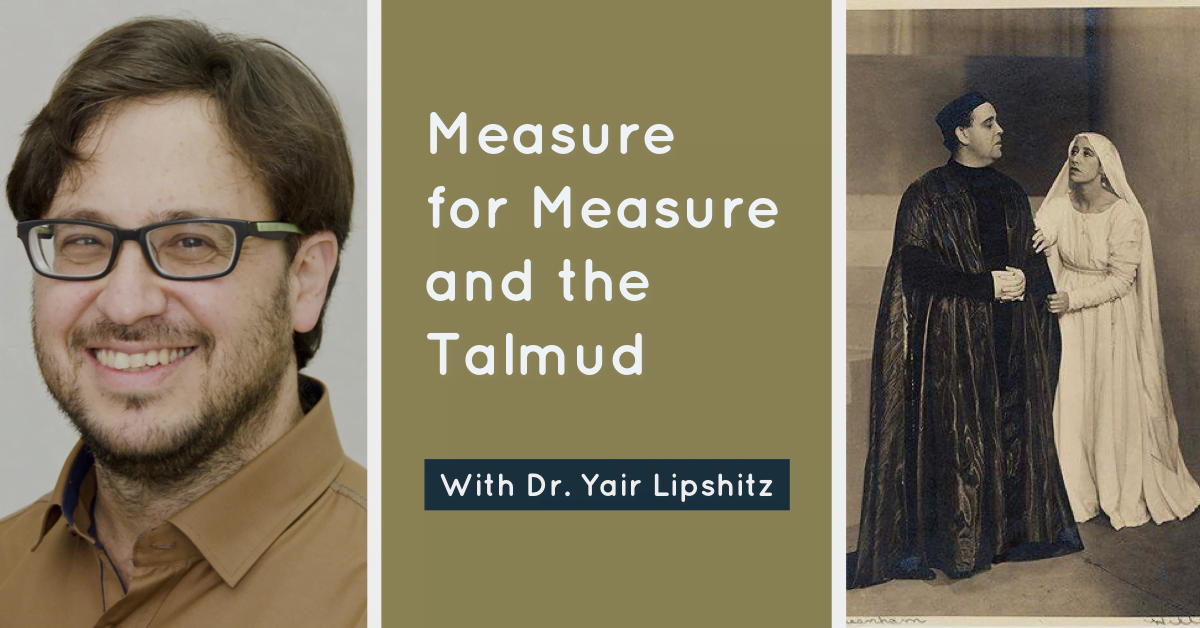Due to Coronavirus – 19 we will be posting ways to see, read, or think about theater online during the social distancing era. We still encourage you to call friends, Facetime, Skype, Zoom, and create with your neighbors.
JET Live!

We’ve moved all the videos onto our website if you have missed any of the interviews.
https://www.facebook.com/JETCommunity/live/
#staycreativestaysafe
The Performance Archive for English Language Theater in Israel
We’ve started a community performance archive for English language theater in Israel! Read more and contribute
After writing the post Theater vs. COVID – 19 My Theatrical Predictions about what theater may look like in the future this happened. Let the streaming begin!
https://www.thirteen.org/programs/theater-close-up/
If you haven’t seen the new Apple family play that takes place entirely on Zoom produced by the Public Theater, well what are you waiting for? This is what theater may look like for some time. But if you just want to see other recorded theater onstage then go to THIRTEEN (link above) and you can see some plays including, until May 5th, the earlier plays of the Apple family and the Gabriel family.
https://www.youtube.com/channel/UCdmPjhKMaXNNeCr1FjuMvag
Andrew Loyd Webber is sharing his musicals for all on Youtube.
https://www.youtube.com/channel/UCOe_y6KKvS3PdIfb9q9pGug
John Krasinski started a special Youtube Channel news channel. He’s calling it Some Good News. It is heartwarming, funny, and filled with what is good in the world.
https://www.whatsonstage.com/london-theatre/news/stage-shows-musicals-opera-free-stream-online_51198.html
A great website listing different theatrical performances that you can watch free online
Ken Davenport Live with Broadway personalities
Metropalitan opera
Watch the Met Opera
Khan Theatre
The Khan Theatre is showing their repertoire online. Its in Hebrew but still worthwhile. Sets and staging are wonderful.
BroadwayHD
You can see Broadway and West End shows. Classics and some newbies on BroadwayHD.com. They are offering a free 7 day trial. Some part of me hopes they extend their free trial along with some other streaming services that I anticipate may do the same.
Stars in The House
Broadway is coming to you from the Broadway Stars houses. Get to know them, hear them sing, and have a good time.
Marie’s Crisis Virtual Piano Bar
Check out this Facebook Group of Marie’s Crisis. A piano bar in NYC that has opened its virtual doors nightly for people to sing a long to showtunes
Adulting With Jane
Adulting with Jane is a new comedy web series and they have tons of content online. They created this wonderful schedule of virtual events here.
From Our Own JET Community
Encore!
Encore! has a whole video archive of snippets from performances and probably a handful of full performances as well.
J-Town Playhouse
J-Town Playhouse may have closed its doors right before all this came upon us but you can still see their wonderful plays and musicals online as well.
Starcatcher Productions
Starcatcher had to unfortunately cut short their production of Chicago but you can see their past productions here on Youtube.
Theater in the Rough, IL
Theater in The Rough has there shows that took place in the park on Youtube.
CBDB Productions
CBDB Productions pivoted to virtual theater during COVID – 19 and some of the productions that have been done are up on its Youtube channel.





